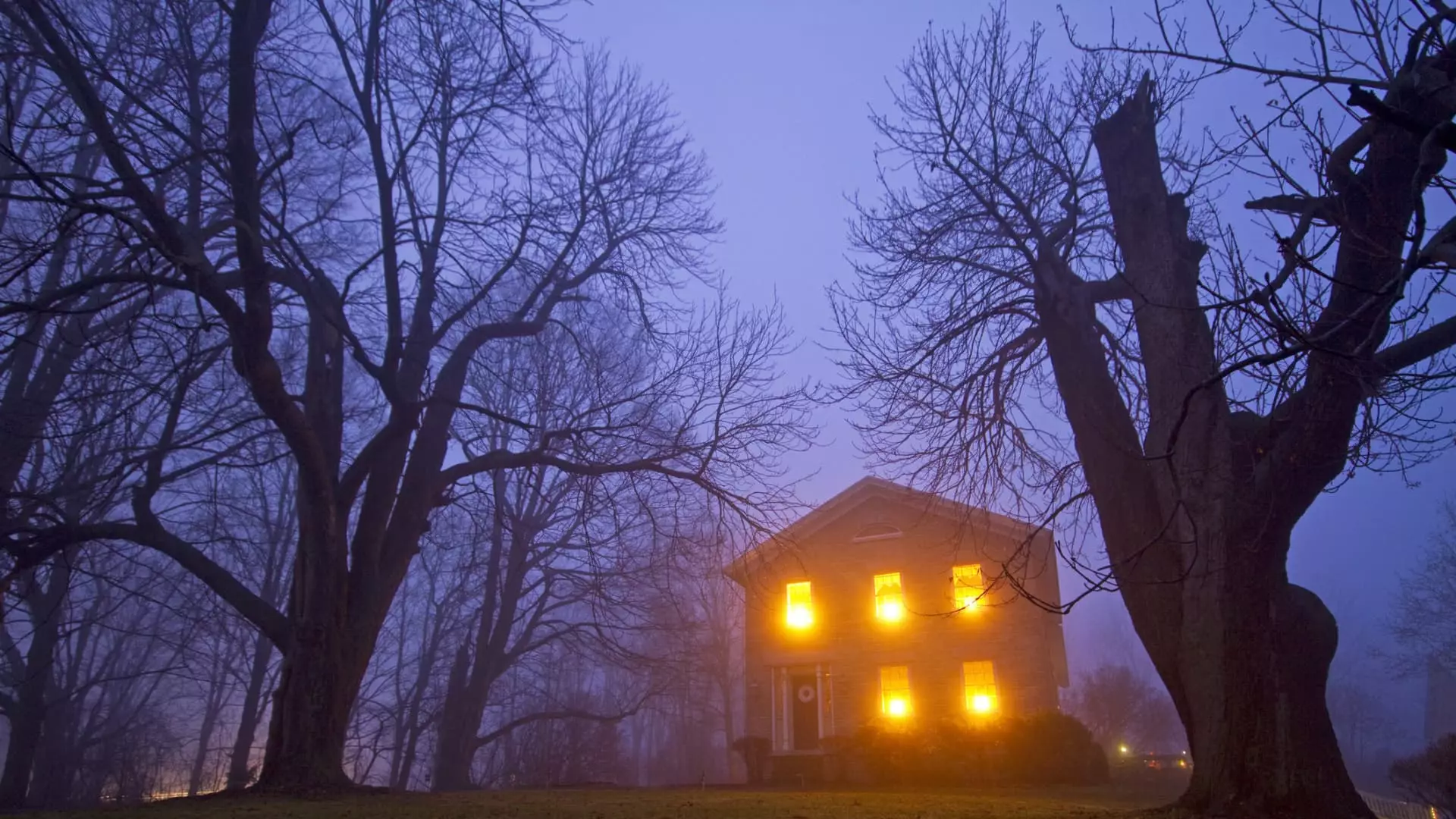When navigating the real estate landscape, prospective homebuyers often face a bewildering array of disclosures, particularly concerning properties that bear a history marked by tragic events. Stigmatized properties, defined as those psychologically impacted by past incidents—such as deaths, crimes, or other significant occurrences—evoke varied reactions and emotions among potential buyers. Understanding the complexities of these disclosures can be crucial in making informed purchasing decisions.
One of the primary challenges that both real estate agents and buyers encounter is the disparity in state laws regarding property disclosure. In most states, there is no legal requirement to disclose if a death has occurred on the premises, leaving sellers and agents to navigate a gray area influenced by both local regulations and individual ethics. For instance, California mandates disclosure of any death that occurred within the last three years, while Alaska requires disclosure of murders or suicides occurring within the past year. Meanwhile, New York has less stringent rules, allowing sellers to remain silent on such matters unless they have made claims of hauntings. Such variations highlight the need for buyers to familiarize themselves with the regulations in their particular jurisdictions to avoid potential pitfalls.
The interplay between a property’s history and potential buyers’ perceptions is highly nuanced. Daryl Fairweather, chief economist at Redfin, points out that reactions to stigmatized properties can vary significantly. While some buyers may be put off entirely—particularly those who harbor beliefs in the supernatural—others might be drawn to these properties if they come with a reduced price tag. Recent surveys reveal intriguing insights: as many as 72% of homebuyers expressed willingness to purchase a “haunted” house for a lower price. This willingness highlights a unique market dynamic where the perceived stigma can, paradoxically, enhance the attractiveness of a home for budget-conscious buyers.
Real estate agents occupy a pivotal role in this complex scenario. Beyond their legal obligations to disclose certain information, they also have an ethical responsibility to their clients—often leading to a delicate balancing act. As agent Harrison Beacher of Coalition Properties Group notes, if buyers inquire about a home’s history, agents must truthfully address such questions. However, there is a limitation; agents are under no obligation to provide unsolicited details. The onus is often on the buyer to dig deeper, asking pertinent questions about the home’s past to uncover any potential issues that could affect their purchase decision.
Not all buyers will react the same way to the stigma associated with a property, underscoring the diversity of motivations present in the housing market. A significant portion of homebuyers might overlook potentially unfavorable histories if the property meets other essential criteria, such as a desirable location or appealing features. For instance, a report by Zillow revealed that nearly 67% of buyers would still consider a supposedly haunted house that aligned with their preferences. This statistic indicates a pragmatic approach among buyers, where practical needs often outweigh emotional reservations about a home’s past.
For consumers eager to learn more about a property’s history, there are several actionable strategies. Consulting with the real estate agent representing the property is a straightforward first step. In many states, agents must provide truthful responses to inquiries, which can guide buyers in their decision-making process. Beyond professional advice, prospective buyers can also seek insights from neighbors, who may offer valuable anecdotal evidence about the property’s history.
Alternatively, contacting county officials can shed light on any relevant public records, including crime reports associated with the property. Engaging in thorough online research can also unveil a wealth of information; local newspaper archives frequently document any incidents involving the property, thus providing additional layers of transparency for informed decision-making.
As the landscape of real estate continues to evolve, the stigma surrounding certain properties may become less of a barrier and more of an opportunity for savvy buyers. Increased awareness and open conversations about the histories of such homes can lead to more transparent transactions. The willingness of a significant portion of buyers to explore properties with stigmas speaks to an opportunity for growth in understanding and a reevaluation of what constitutes value in real estate.
The intricacies surrounding stigmatized properties require both agents and prospective buyers to engage in an informed dialogue. By understanding local laws, recognizing the varied perceptions of stigmas, and employing effective research strategies, buyers can make confident choices while navigating this often-overlooked aspect of the real estate market.

